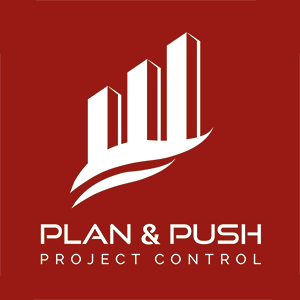In today’s competitive landscape, technology is a game-changer in project controls. It not only streamlines processes but also enhances accuracy and efficiency, leading to better project outcomes. Here’s how technology is transforming project controls:
Key Technological Advancements
- Real-Time Data Integration: Modern software tools integrate data from various sources, providing a unified view of project performance. This real-time insight helps in making timely decisions, keeping projects on track.
- Automation: Automation reduces manual tasks such as scheduling and reporting. This not only speeds up processes but also minimizes errors, ensuring more reliable project management.
- Predictive Analytics: Predictive analytics uses historical data to forecast potential risks and issues. This proactive approach allows teams to mitigate risks before they impact the project.
- Enhanced Collaboration: Cloud-based platforms enable seamless collaboration among team members, regardless of their location. This improves communication and ensures that everyone is aligned with the project’s goals.
- Interactive Dashboards: Customizable dashboards provide stakeholders with up-to-date information on project progress. This transparency fosters trust and ensures that all parties are well-informed.
Benefits of Technology in Project Controls
-
Increased Accuracy: Automation and real-time data reduce the chances of human error, leading to more accurate project controls.
- Improved Efficiency: By streamlining processes, technology frees up time for strategic planning and execution.
- Better Risk Management: Predictive tools help in identifying and addressing potential issues early, reducing the likelihood of project delays.
- Greater Stakeholder Satisfaction: Transparent reporting and communication ensure that stakeholders are always informed, leading to higher levels of satisfaction.





